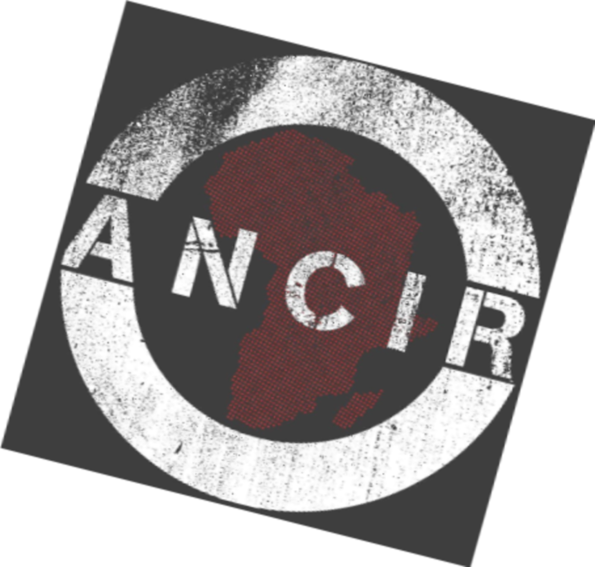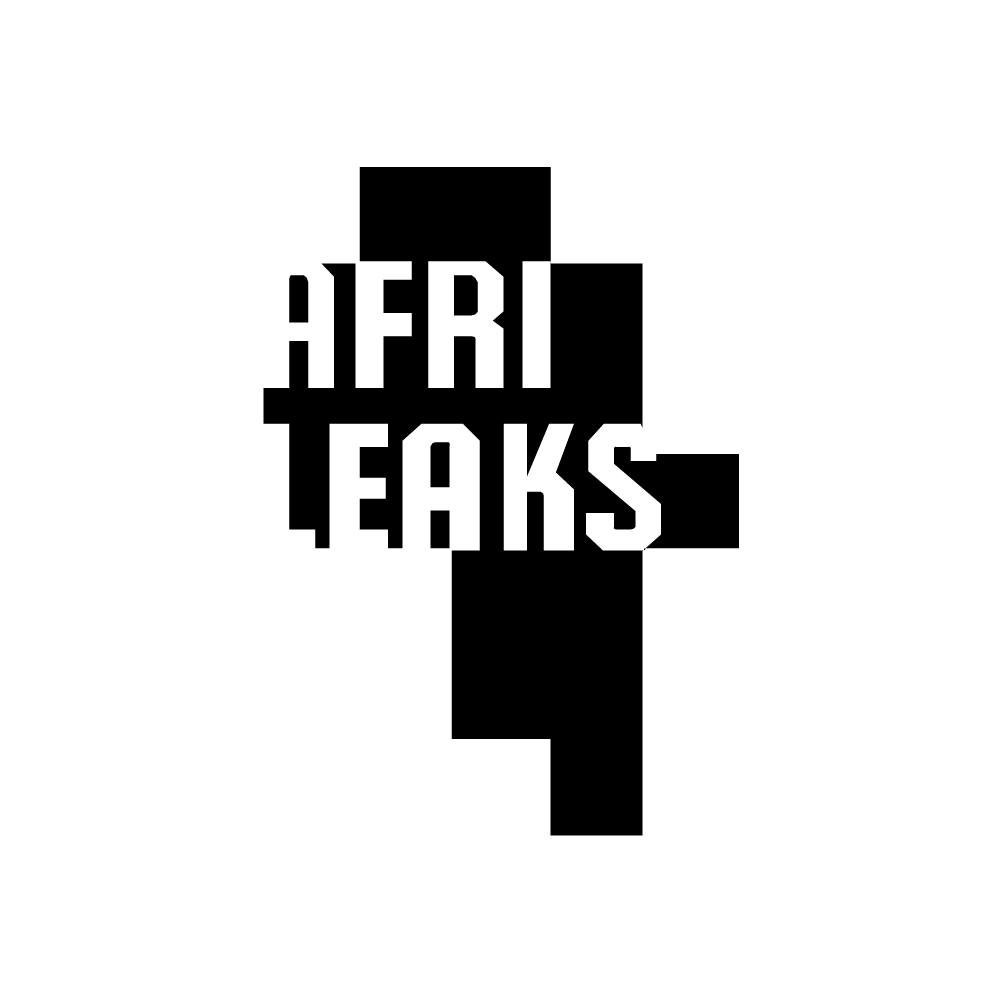Botswana judge’s offshore investments raise questions
Judge Ian Stuart Kirby, President Ian Khama’s close associate and the President of the Court of Appeal, Botswana’s highest court, invested in at least seven offshore companies between 2005 and 2009, according to documents detailing the dealings of questionable Panama-based law firm Mossack Fonseca.
The 2015 Panama Papers leak of internal data from Mossack Fonseca, obtained by German newspaper Süddeutsche Zeitung and the International Consortium of Investigative Journalists (ICIJ), shows that Kirby had invested in seven offshore companies domiciled and registered in the tax haven of the British Virgin Islands. He had then sold his shares in four of the seven entities, remaining a shareholder in three companies.
Kirby confirmed the sale of the shares and said his role in all seven companies was above board. According to him, each of the companies was formed to buy, develop and later sell one property each in the United Kingdom. They were special purpose vehicles set up by a real estate agent active in Botswana, Pam Golding Properties. Kirby was one of several investors and invested over £140 000 (P2million) in the seven ventures. He claims that the redemption of his shares in the four companies was at a “considerable loss” to himself on account of a weak real estate market and the global economic downturn.
The three companies that Kirby retains shares in are Jaye Limited, Beachleigh Holdings Limited and Allmonde Company Limited. All three companies are registered in the British Virgin Islands, and Mossack Fonseca appears to have assisted in their registration.
Undisclosed Stakes
In reply to enquiries from the INK International Centre for Investigative Journalism, Kirby pointed out that Botswana has no exchange controls, which means that there are no limitations placed on him moving funds offshore. However, he would have to pay tax in Botswana on any profits made if he ever brought the funds back into the country. There is no reason to doubt his assertions that the companies were used to buy and sell properties in the UK; a perfectly lawful activity.
However, it is problematic that neither his ownership in the seven companies, nor the names of his fellow investors were disclosed to the public.
If this information had been made public, it would have assisted litigants in determining potential conflicts of interests arising from Kirby’s commercial dealings.
The value of transparency is that the public does not then have to solely rely on the self-disclosure of a judge as to a conflict of interest. The judiciary’s interests are in the public domain and a strong argument exists that this transparency enhances the credibility of the legal system.
Botswana High Court Judge Michael Mothobi recently said, “The disclosure of personal interests of judges must be given priority if the impartiality and independence of the judiciary is to have any credibility in the public eye.”
Tax Havens: Breaking the Spirit of the Law?
There is little reason other than tax avoidance for a company doing business in the United Kingdom to be registered several thousand miles away, in the Caribbean. According to the Fair Tax Campaign, tax avoidance techniques for companies are all about location, including where a company chooses to open offices and where it allocates its profits and expenses. “Companies wanting to minimise their tax bills shift their profits to subsidiaries where there is a low or zero tax regime, eg a tax haven.” The British Virgin Islands is precisely such a haven. While tax havens are technically legal, the tide of respectable opinion has turned against their use. Tax havens facilitate secrecy, which allows malfeasance to be hidden, and countries that host the economic activity that produces income are deprived of taxes.
There is no suggestion in the leaked information that the companies Kirby invested in were specifically avoiding or evading tax commitments. However, a question does remain over the location of the companies’ registration and the law firm chosen to perform their registrations. Kirby claimed that he was not aware of the engagement of Mossack Fonseca specifically, but said that he was aware the companies were run from Guernsey, an island declared a tax haven by the European Union.
Kirby was previously the senior partner at IS Kirby Legal & Taxation Consultants where, according to a legal commentator, his “experience as a lawyer was largely limited to representing corporations”. Corporations using the services of tax consultants typically seek to minimize the amount of taxes they pay while remaining legally compliant. While this attitude is to be expected from a CEO charged with maximizing profits at every turn, it remains debatable whether it is becoming of judicial officers to be involved in companies if these take advantage of aggressive tax avoidance schemes. According the the the Botswana Judicial Code of Conduct, judges are expected to conduct their affairs so as to “sustain and enhance public confidence in the judiciary”.
The Murky History of Mossack Fonseca
After a year-long investigation, respected investigative journalist Ken Silverstein, writing in Vice magazine, concluded that Mossack Fonseca “has served as the registered agent for front companies tied to an array of notorious gangsters and thieves”. These include Rami Makhlouf, a notorious Syrian “bagman” for President Bashar al-Assad, various associates of former Libyan dictator Muammar Gaddafi and Zimbabwe’s long-standing president Robert Mugabe, as well as an Israeli billionaire who “has plundered one of Africa’s poorest countries”.
In 2015, the huge Panama Papers data leak of Mossack Fonseca emails completed the picture. The leak revealed how the law firm arranged for scores of the wealthiest individuals to aggressively avoid taxes in their home countries, and even launder money. It did so by setting up a myriad of shell companies in tax havens. These entities shield the identity of the true beneficiaries of funds in those company accounts. Through this opacity, a range of financial crimes are made possible. Tax investigators have referred to the Panamanian law firm as one of the largest creators of shell companies in the world.


